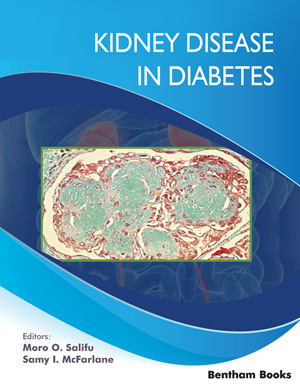Abstract
There is a rise in the number of elderly people and those with chronic kidney disease (CKD) in the United States. Despite the high prevalence of CKD in the elderly, most will die before renal replacement therapy (RRT), as CKD itself, is an independent risk for death. Control of modifiable risk factors such as proteinuria and hypertension may retard disease progression in this population, however, in those who do progress to stage 5, options for RRT include hemodialysis (HD), peritoneal dialysis (PD), kidney transplantation and conservative (medical) management. Special problems in the elderly with CKD include those inherent to the patient and those related to limited resources. Inherent to the elderly patient with CKD is the problem of accurately measuring estimated glomerular filtration rate (eGFR), frailty, depression, cognitive decline, limited autonomy, heart failure and arterio-venous fistula maturation issues. Problems with resources include but are not limited to: a paucity of evidencebased literature due to exclusion of the elderly from large clinical trials and scarce resources like kidney transplantation. Best clinical practices are personalized to the individual patient and should balance risk factors, patient autonomy and available resources
Keywords: Chronic kidney disease, Conservative therapies, Elderly, Estimated glomerular filtration rate, Home-based therapy, Initiation of renal replacement therapy, Kidney transplant, Prevalence, Quality of life, Renal replacement therapy.






















